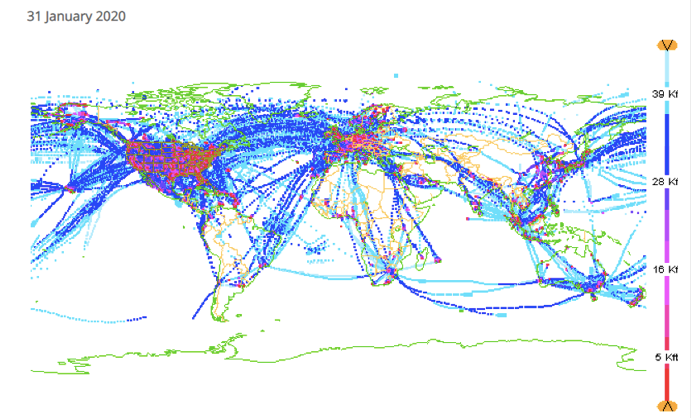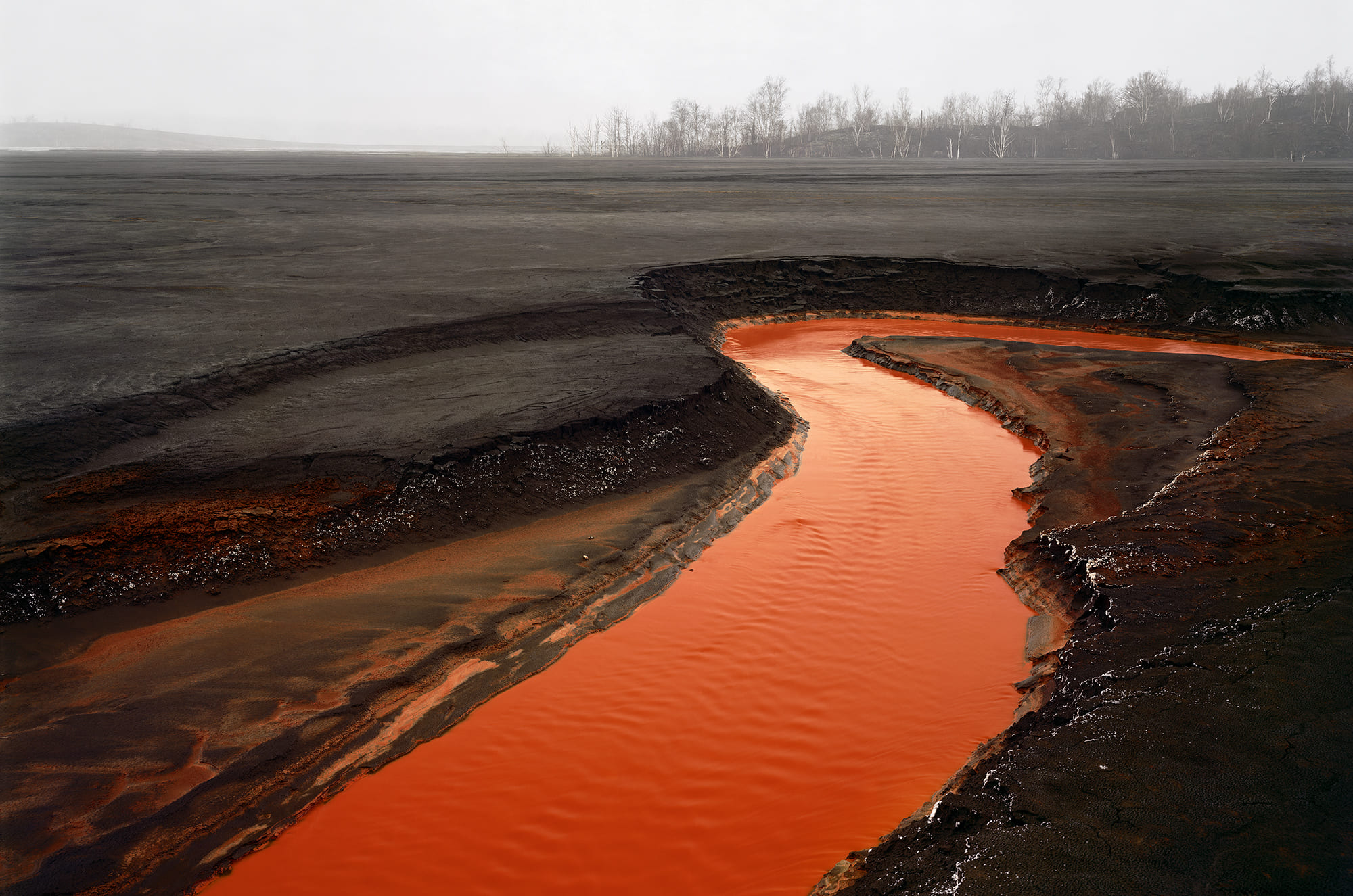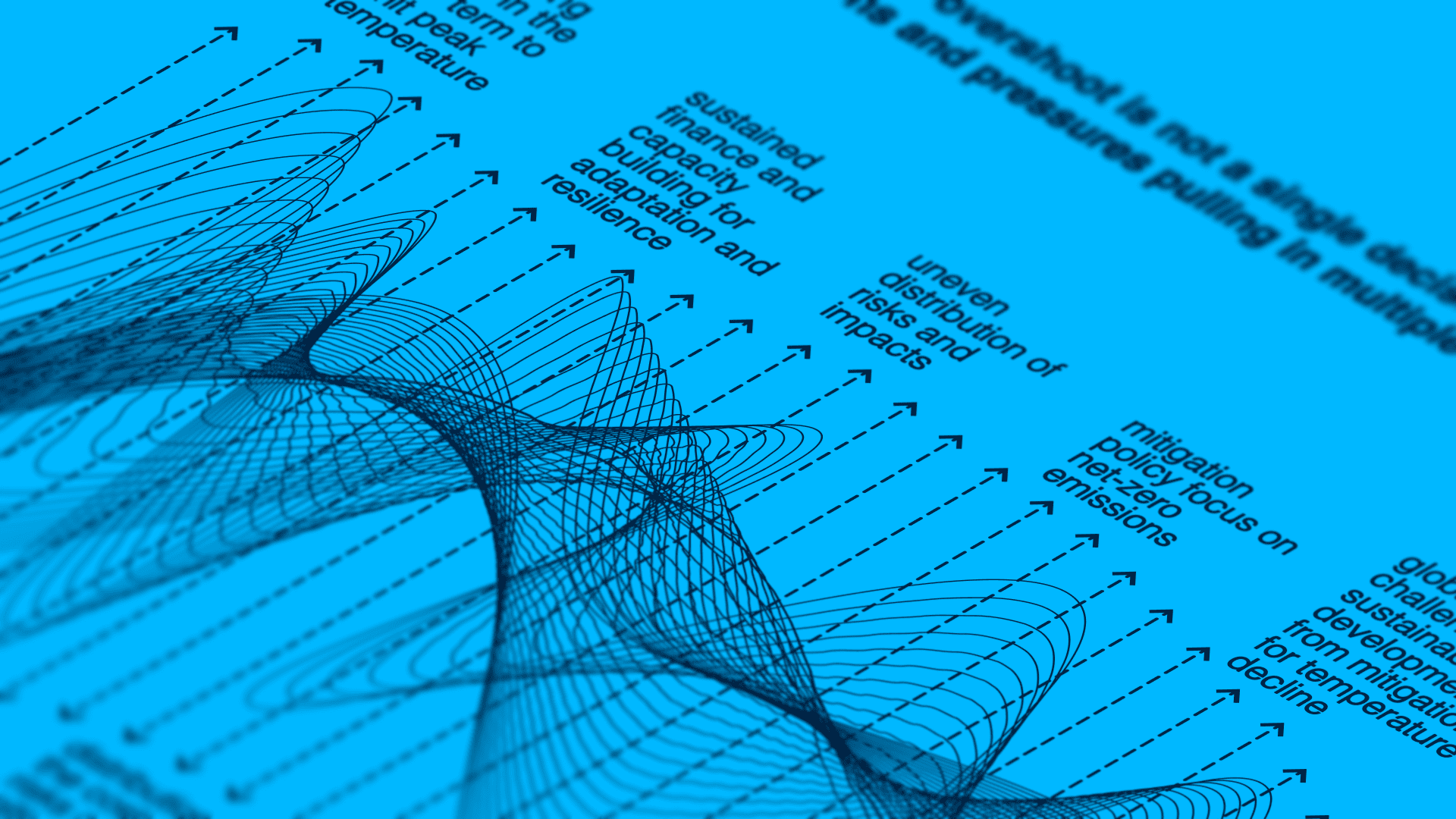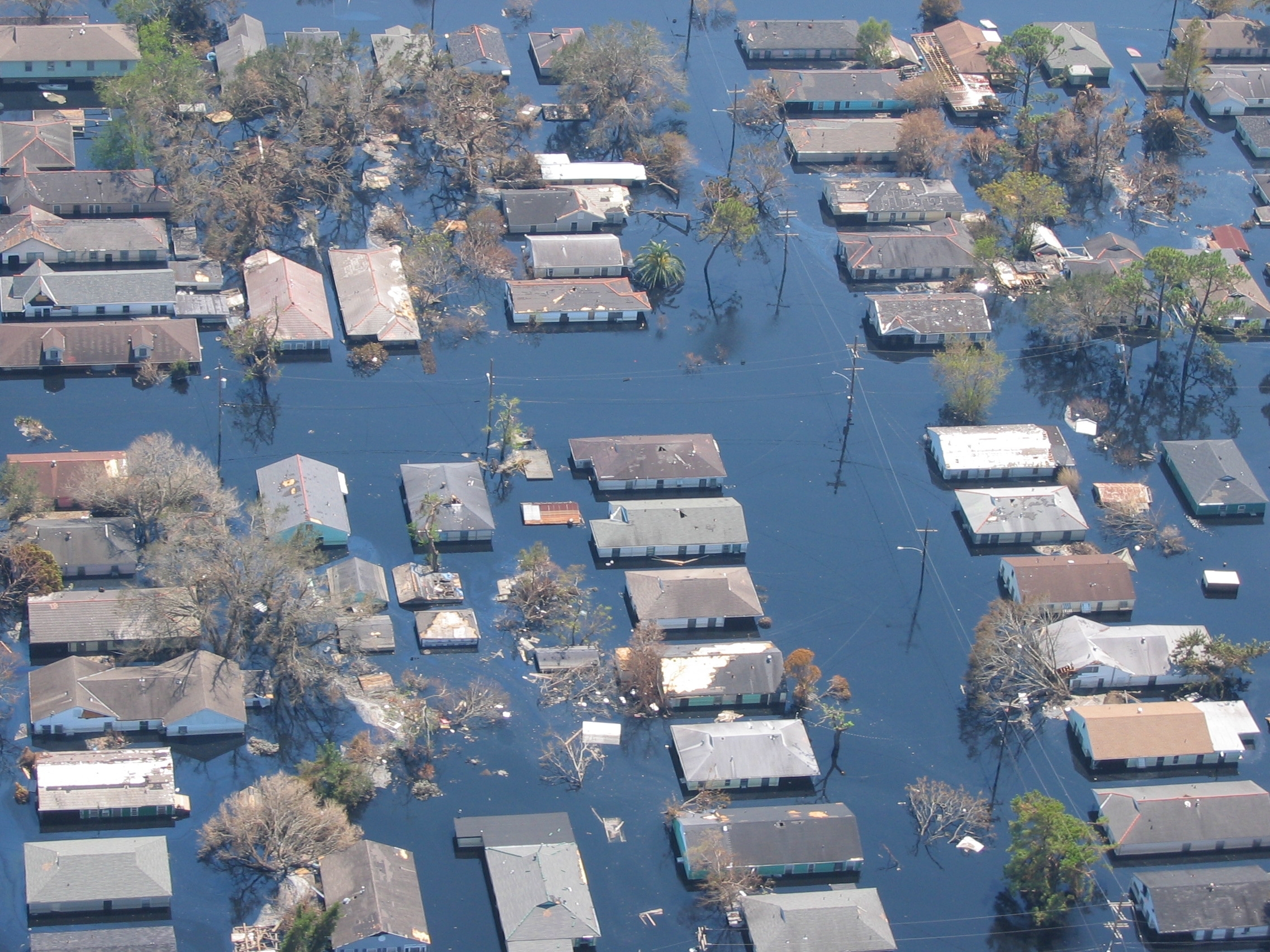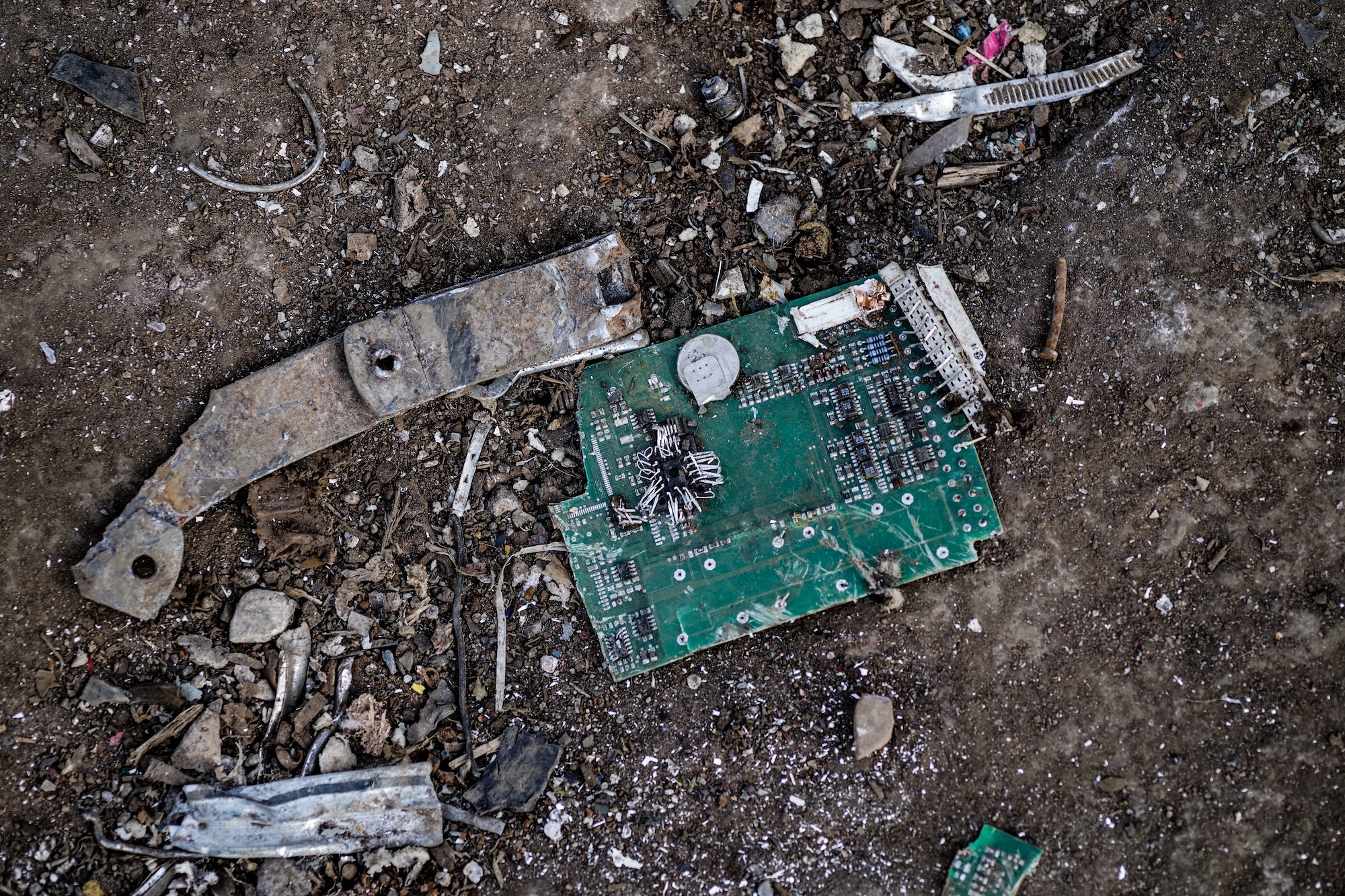The COVID-19 pandemic will continue to impact the global monitoring and forecasting capacity of the earth system. Partially suspended activities are causing a large loss in the observing capacity of the atmosphere and the oceans. Data gaps due to COVID-19 will have far-reaching consequences that need to be managed for public security and the science-based management of risks.
A contribution by Italian scientists Antonio Navarra and Nadia Pinardi, with their recommendations for government responses to the pandemic.
Over the past 50 years, the Earth Observing System’s capacity has been established by the space satellite industry, airline companies, and technological sensor development companies in alliance with the research and innovation community, including the science and engineering academic sectors.
This observing capacity allows us to forecast atmospheric and ocean weather, validate models for climate predictions, map the risk of extreme natural and man-induced events in the environment, reduce the risk of disasters, and facilitate science-based policies. Part of the system uses commercial activities as platforms of opportunity so as to decrease costs and increase benefits to both the public and private sectors.
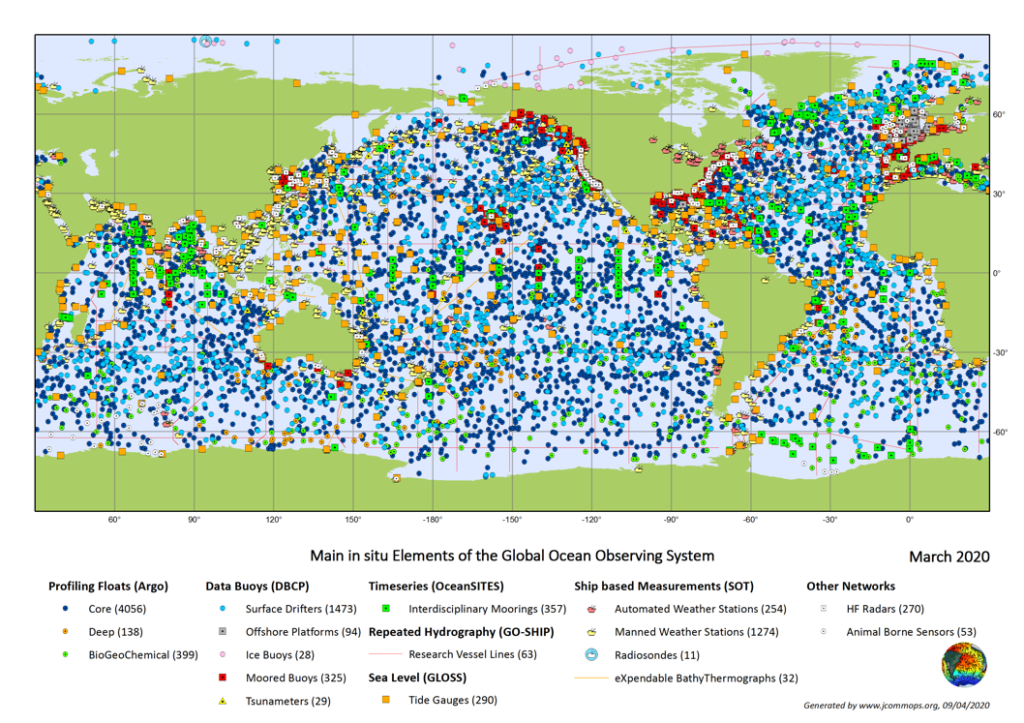
COVID-19 has engendered a large loss in this observing capacity in particular from commercial airliners that contribute to the WMO Aircraft Meteorological Data Relay programme (AMDAR, see Fig. 1), which uses onboard sensors, computers and communications systems to automatically collect, process, format and transmit meteorological observations to ground stations via satellite or radio links. The number of observations sent to ground decreased in April 2020 from 14,000 to just over 2,000 by Lufthansa, and from 16,000 to zero by easyJet.
As climate- and ecological-monitoring projects go dark, data that stretches over decades will soon contain coronavirus-associated gaps
Another measurement program that is going to be affected by the COVID-19 pandemic is the surface drifting buoy program. These buoys are carried around by ocean currents and measure waves, and surface pressure among other climate variables. They are deployed using commercial vessels and have a finite lifetime so they need to be replaced with a specific protocol of deployment in time to maintain a fleet of about 1,200 drifting buoys around the world’s oceans. Due to the pandemic, almost no buoys were deployed in March and April. The reduced deployment is predicted to decrease even further in April. Therefore, the number of transmitting buoys in the ocean is expected to decrease by as much as 20% over the next 6 months.
A recent article in Nature News, reports that as climate- and ecological-monitoring projects go dark, data that stretches over decades will soon contain coronavirus-associated gaps. Scientists collecting data in offshore areas of the world’s ocean have to go to the station’s site about 2-4 times a year to replace/calibrate sensors, which are submerged in corrosive seawater, so that the measurement records maintain their accuracy and validity. These activities will be partially suspended due to the COVID-19 pandemic with far-reaching consequences for the time series integrity and the monitoring of earth system changes.
From the same article, the English Met Office reveals that the loss of aircraft observations will increase their forecast error by 1–2%, but also notes that, in areas where flights are typically more abundant, forecast accuracy might suffer even more.
The impacts of climate change and growing amount of weather-related disasters continue. The COVID-19 pandemic poses an additional challenge, and may exacerbate multi-hazard risks at a single country level
Dr. Peteri Taalas, secretary-general of the World Meteorological Organization, says: “The impacts of climate change and growing amount of weather-related disasters continue. The COVID-19 pandemic poses an additional challenge, and may exacerbate multi-hazard risks at a single country level. Therefore it is essential that governments pay attention to their national early warning and weather observing capacities despite the COVID-19 crisis”.
We hope Taalas’s message will be collected also by the Italian government that is formulating Phase 2 of the COVID response: we have to assess the potential effects of the pandemic on the Italian monitoring and forecasting system and work adequately to make sure it is re-instated so that it can continue to guarantee public security and the science-based management of risks.
This article was originally published on www.parliamoneora.it
About the authors


